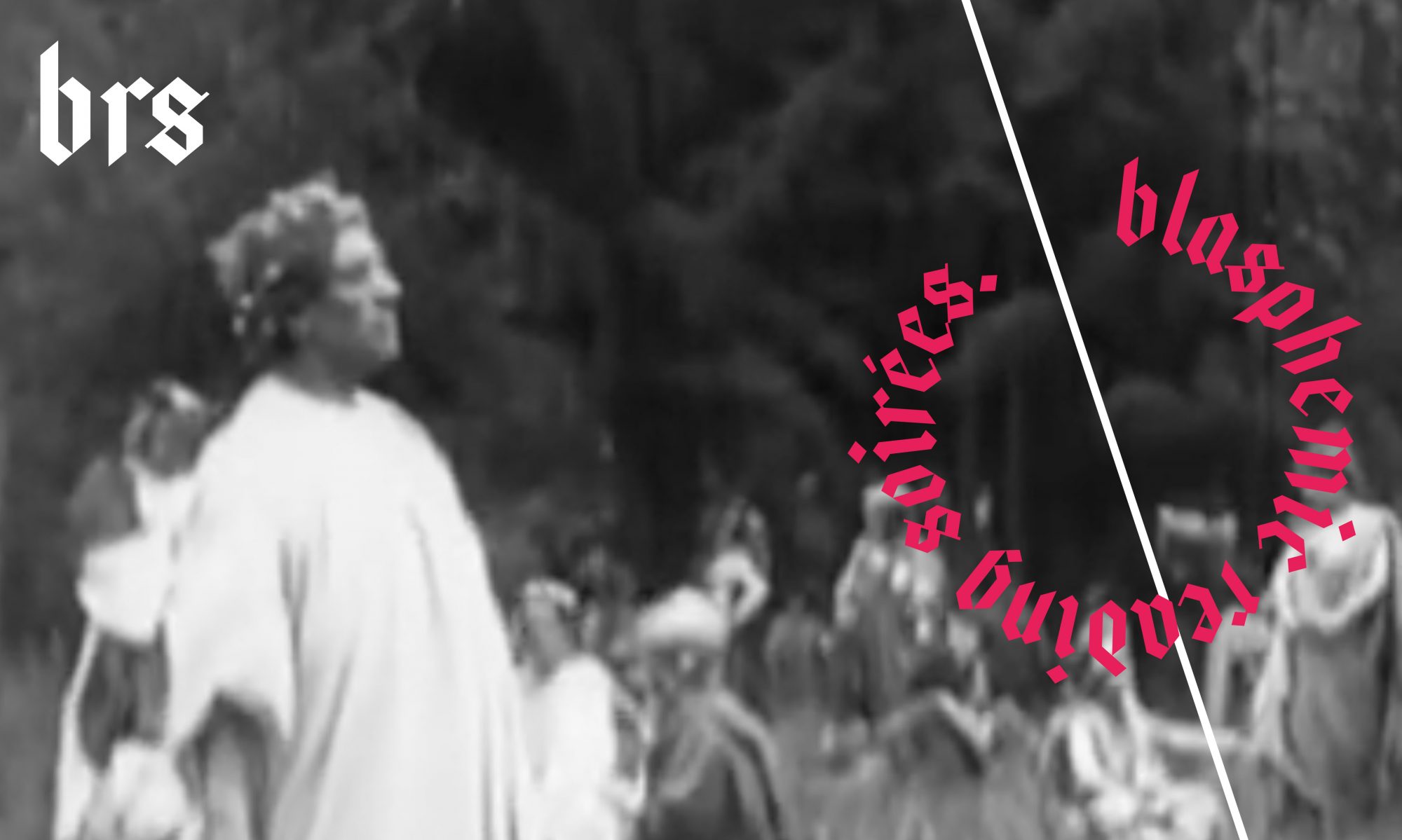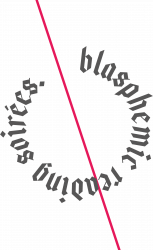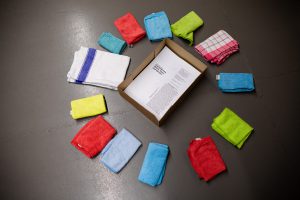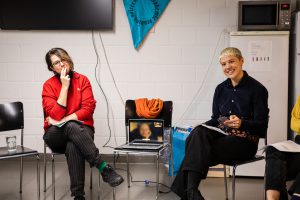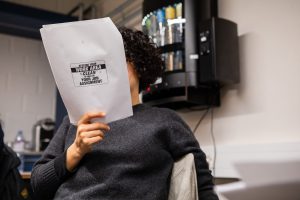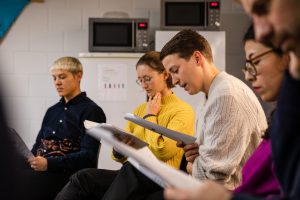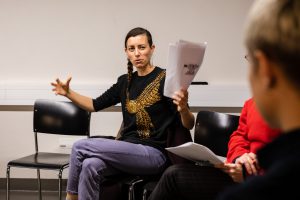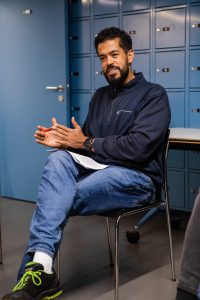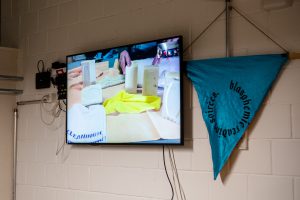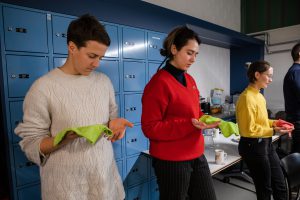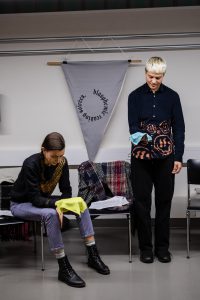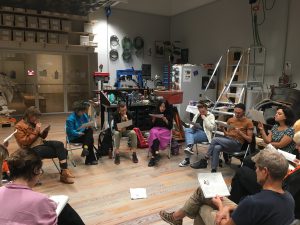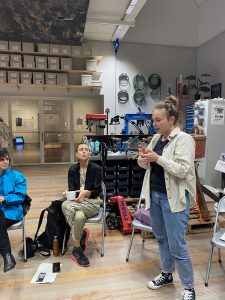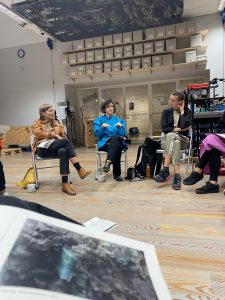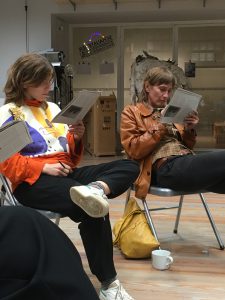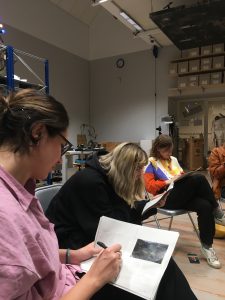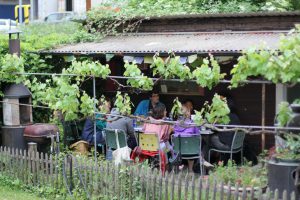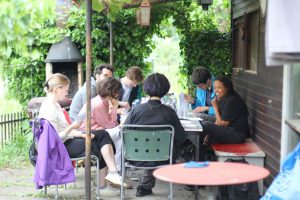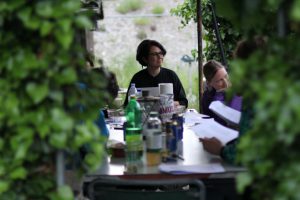13 June 2024, 7 pm
at Avalon Collective, Clarastrasse 50, 4058 Basel
While we are all aware that capitalism is great in commodifying every little detail of our lives, it can still be heartbreaking to observe this mechanism even with our romantic relationships. We see that the need to find the perfect match can easily put us in the supermarket dilemma, in a logic of comparing best price offers and checking our own market value. Who signed up for this when you signed up to the newest subscription in your dating app(s)? Who thought they would simply follow the oldest romantic story on earth, the passionate dream to marry your ideal partner that will satisfy your needs until forever? And who just signed up because honestly, where are the alternative models and visions?
For our next soirée, we approach one of these alternatives. In the book “Relationship Anarchy. Occupy Intimacy!” by Juan Carlos Pérez Cortés (2022), we want to read about an approach that challenges mainstream ideas about relationships, mutual aid, fellowship, commitment, and companionship – by challenging institutions like marriage, and the gender roles and power dynamics that underpin all these ways of relating with others. In contrast to the misunderstanding of anarchy equaling ”people yelling, and other unsettling images of chaos” (Pérez Cortés) the text takes us to places where people are looking for committed communities.
The author approaches relationship anarchy through the lens of different visions and practices, giving space to personal reflections of practitioners: “Relationship anarchism then, to me, means community. A community that chooses care, cooperation, equality, acknowledgement that we are more than our relationship and that we all have different needs. And in that community, we make the rules that suit us, and end them when they no longer suit our community. And intuitively, I‘d say an anarchist relationship is a mutual support system against the brutal, oppressive capitalist world around us. The world is an extremely fucked up oppressive place that seeks to divide us but we have chosen to support each other, to create a safe space within the rooms that we share when we share them, to help each other through tough days and tough years, to remind each other that we’re in this together.”
Join us for a playful handling of the text at Avalon Collective on Thursday 13th June.
